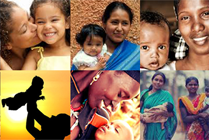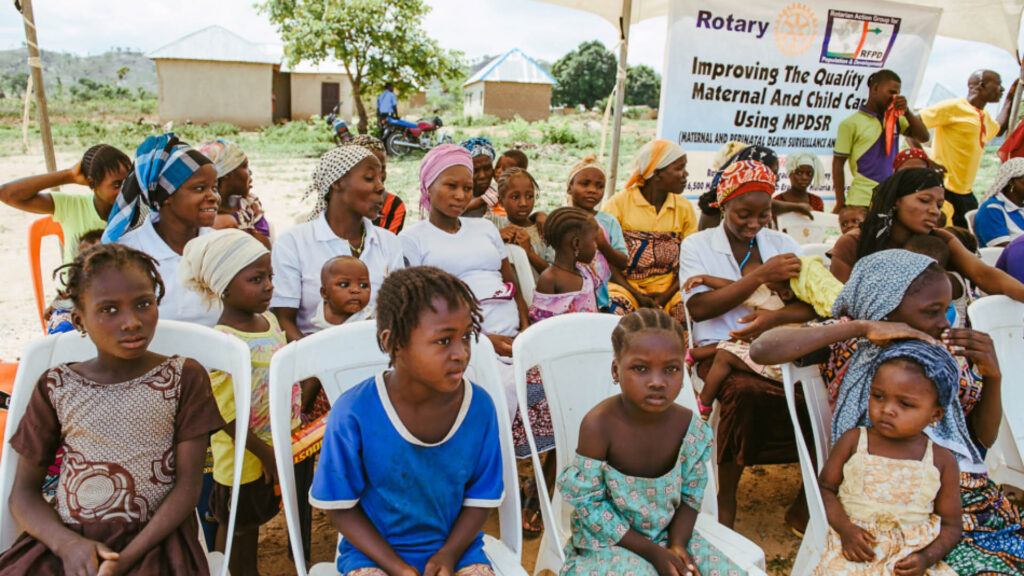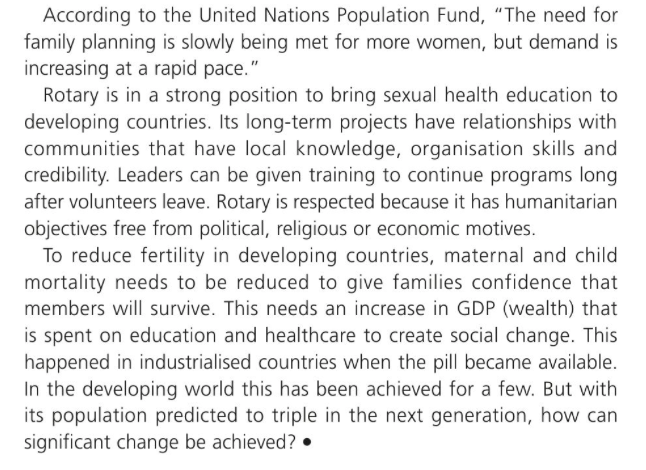 Continued rapid population growth presents challenges for sustainable development. The 47 least developed countries are among the world’s fastest growing – many are projected to double in population between 2019 and 2050 – putting pressure on already strained resources and challenging policies that aim to achieve the Sustainable Development Goals.
Continued rapid population growth presents challenges for sustainable development. The 47 least developed countries are among the world’s fastest growing – many are projected to double in population between 2019 and 2050 – putting pressure on already strained resources and challenging policies that aim to achieve the Sustainable Development Goals.

According to the UN’s World Population Prospects 2019, the current world population of 7.7 billion could grow to around 8.5 billion in 2030, 9.7 billion in 2050, and 10.9 billion in 2100.
More than 200 million women who would like to avoid or delay pregnancy lack access to reproductive health services. Reproductive health problems are still the leading cause of ill health and death for women of childbearing age worldwide. Nearly 800 women die every day due to pregnancy related complications or in childbirth – almost all of these deaths are preventable.
 Meeting the need for family planning information and resources alone could reduce maternal death by nearly 30 percent. Maternal and newborn deaths hurt families, slow economic growth and lead to global productivity losses of about $15 billion each year. Therefore, investing in improved health for women and babies has far-reaching benefits for economic and social development.
Meeting the need for family planning information and resources alone could reduce maternal death by nearly 30 percent. Maternal and newborn deaths hurt families, slow economic growth and lead to global productivity losses of about $15 billion each year. Therefore, investing in improved health for women and babies has far-reaching benefits for economic and social development.
The Rotarian Action Group on Population and Sustainable Development was formed after a United Nations International Conference on Population & Development in Cairo, 1994.
Over 180 nations participated in this global forum, attempting to identify a common strategy to address the population problem. Rotary International sent an official representative, Past Director Umberto Laffi of Italy, to participate in the discussion.
Unanimous agreement by all nations was reached on the need to:
- Extend & improve reproductive health & family planning services
- Expand population policy to include economic development
- Improve the status of women
- Link environmental & sustainable development to population growth
- Invest in health & development of children - especially girls
- Emphasize male responsibility for sexual, reproductive, and parenting behavior
 The Rotary Action Group for Population & Development has three key projects in very needy countries: Nigeria, Pakistan and Afghanistan.
The Rotary Action Group for Population & Development has three key projects in very needy countries: Nigeria, Pakistan and Afghanistan.
RFPD’s Maternal and Child Health Obstetric Program in Nigeria decreased maternal death by 35 per cent in participating hospitals and increased contraceptive use by 10 per cent. A grant of US$3 million has followed this success and in 2019 it began providing family planning in every state of Nigeria. The Nigerian project included prevention and treatment of obstetric fistulae, prevention of pregnancy in adolescents and education and empowerment of women.
This is one example of programs by Rotary, the United Nations, USAID, WHO and other NGOs that have contributed to the fact that; “Maternal mortality dropped by 38 per cent worldwide between 2000 and 2017.” (WHO Key Facts) However, there is still much work to be done.
The Rotary Action Group for Population & Development is alive and well, and has been re-branded as “The Rotary Action Group for Reproductive, Maternal and Child Health”.
